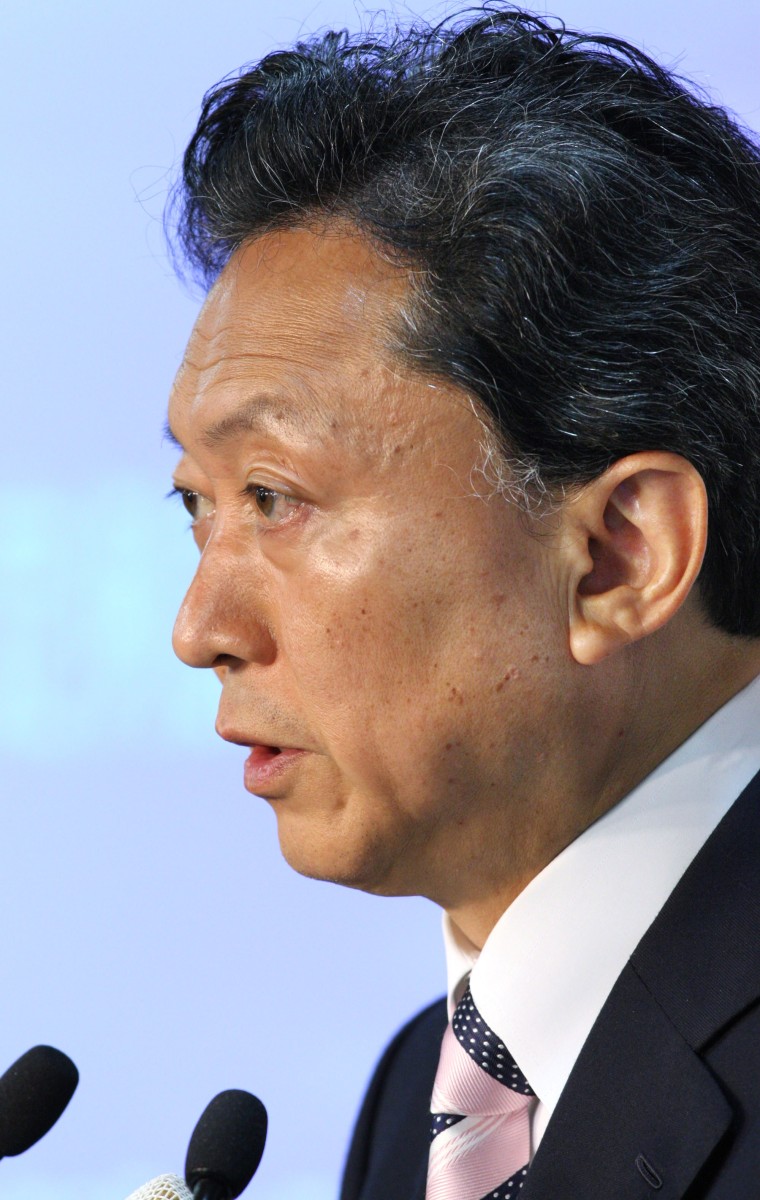Japan's ruling party rejected a no-confidence motion Tuesday against the prime minister's Cabinet, but an increasingly bold opposition used the occasion to heap criticism on the government it aims to oust in national elections next month.
The powerful lower house of parliament, which is controlled by the ruling Liberal Democratic Party and its coalition partner, easily voted down the motion 333 to 139.
The no-confidence motion was mainly submitted by the Democratic Party of Japan and other opposing parties to create a forum to criticize Prime Minister Taro Aso's government, which is reeling from a ruling party defeat this weekend in Tokyo municipal elections seen as a barometer of voter sentiment.
In a raucous parliament session, Yukio Hatoyama, the leader of the opposing Democrats, gave a wide-ranging criticism of Japan's current leadership.
"Prime Minister Aso has only clung to his post. The employment situation has worsened as he repeated pork-barrel handouts in obvious vote-buying, none of which has helped to improve the lives of the people," Hatoyama said.
A similar censure motion against Aso, with little purpose other than to embarrass him, was expected to pass the upper house later Tuesday afternoon. The upper house, the weaker of the two, is under the control of the opposition.
The current round of political maneuvering comes after a Tokyo municipal election held over the weekend in which Aso's ruling party was routed by Hatoyama's Democrats and lost their majority. The vote has no direct effect on the national government but was widely viewed as a test of strength of the two parties.
After the results were released Monday, Aso said he would dissolve parliament next week and call general elections for Aug. 30. The leader of the party that wins will almost certainly become Japan's next prime minister.
The Liberal Democrats, which have governed Japan for the past 50 years, except a brief period in 1993, have been struggling to maintain their grip on power.
Recent newspaper opinion polls have suggested the opposition party is well-placed to make considerable gains, though there would need to be a sea change in voter support for the opposition to take power.
The Liberal Democrats currently have 303 seats in the 480-seat lower house, and their partner Komeito has 31. The Democratic Party has just 112.
More on Japan
